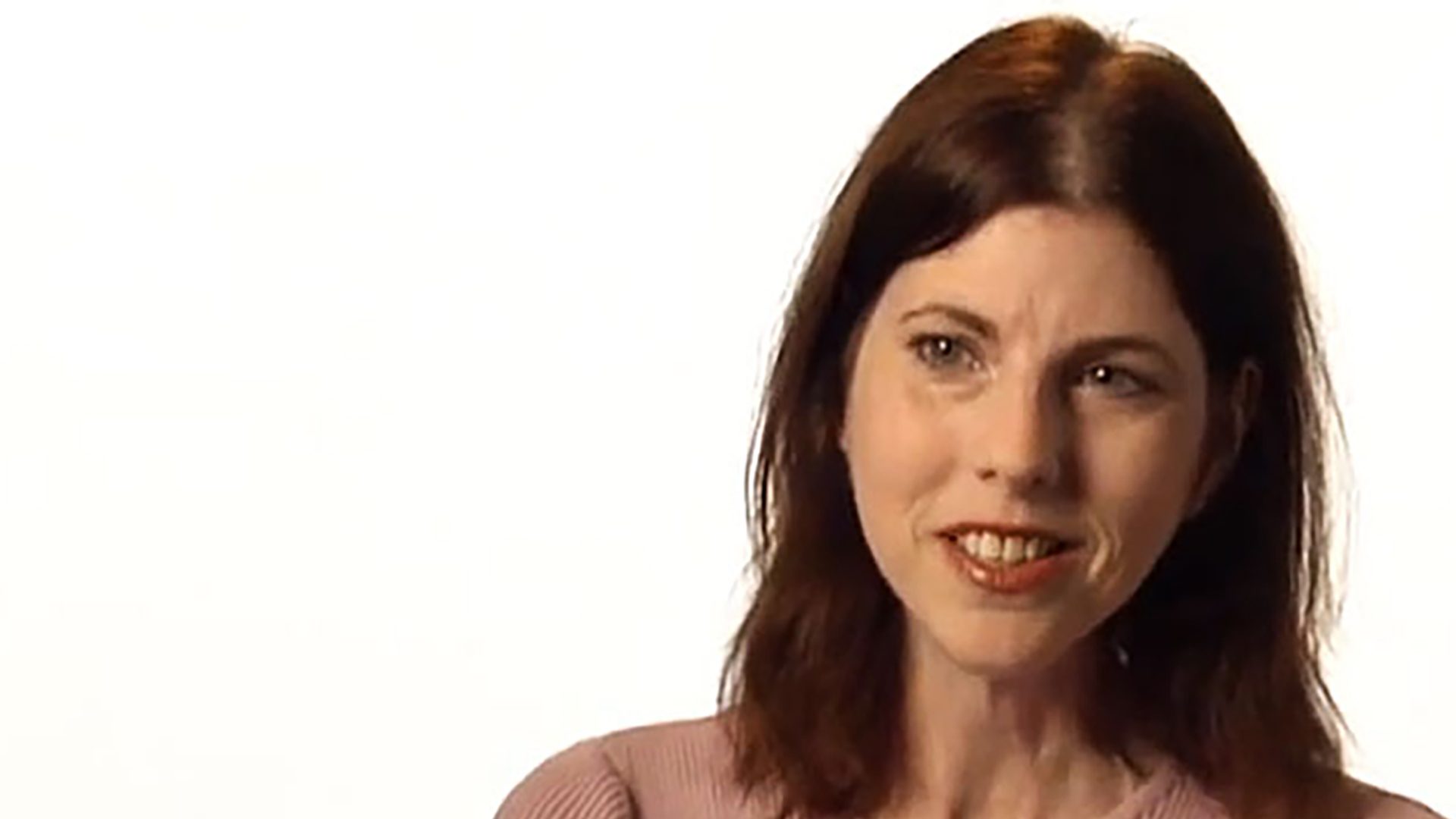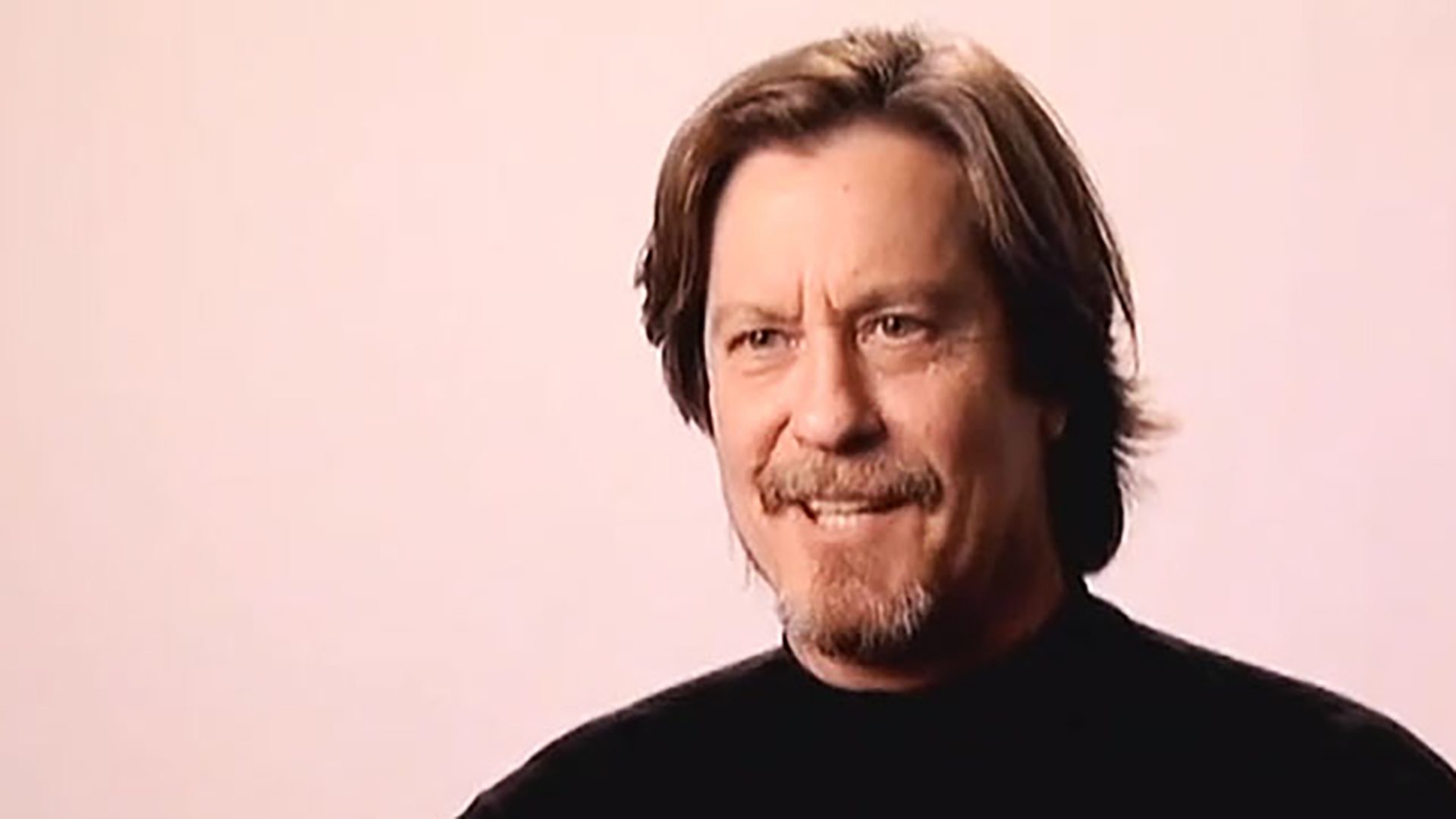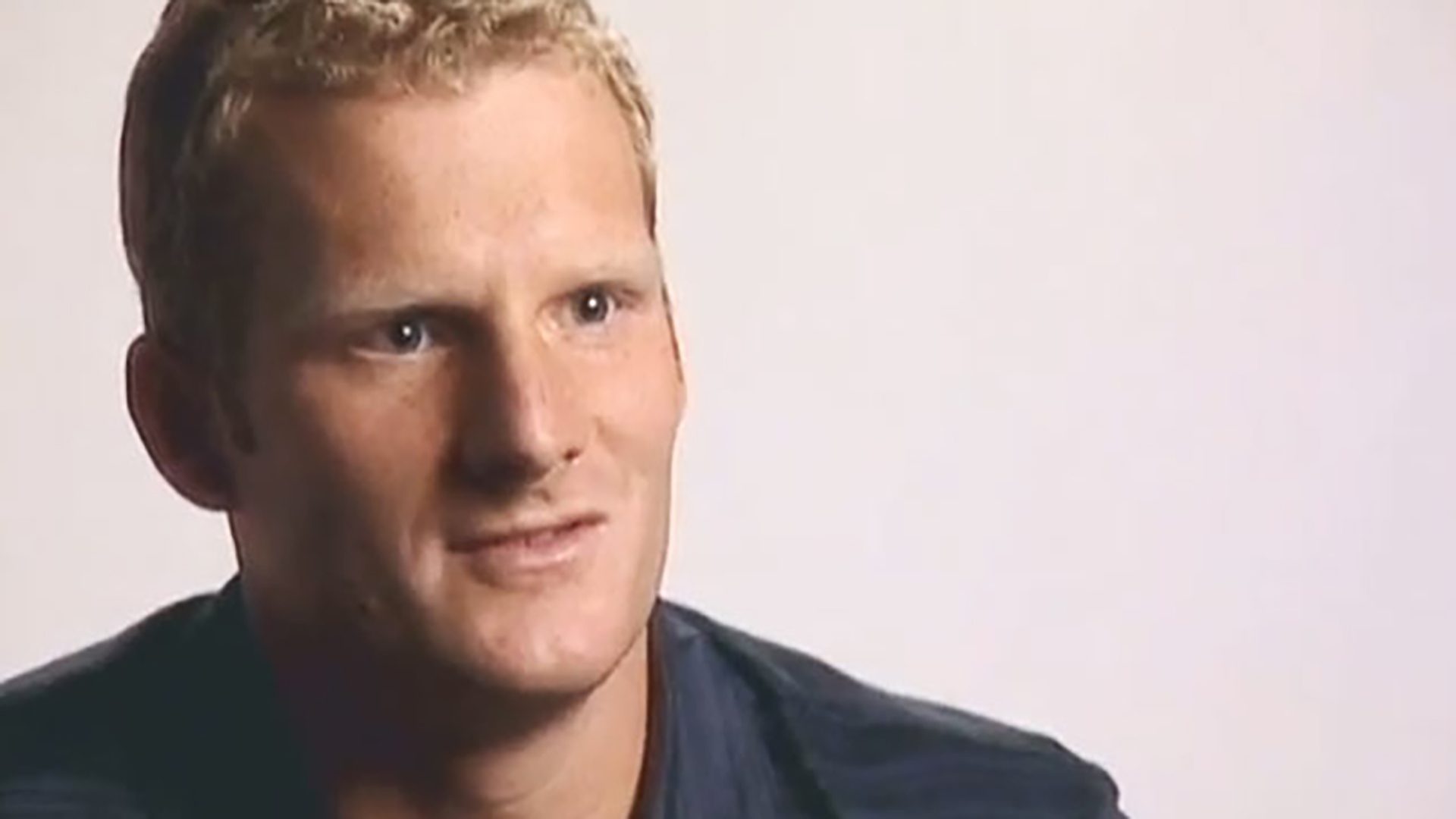Survivor Interview – Janice D.
Janice is a Hodgkin’s lymphoma survivor. She discusses aftereffects of cancer treatment, managing cardiomyopathy, and communicating with her husband.

I became a survivor in September of 1977 when I was diagnosed with Hodgkin’s disease.
Like many cancer survivors, I was misdiagnosed a lot. When I was 16, I started coughing a lot and having difficulty lying on my back. I kept going to doctors and getting diagnosed with things like bronchitis. Then they found a football-sized mass in my chest and diagnosed me with Hodgkin’s disease. I was treated with radiation, chemotherapy, and surgery. After that, I was in remission and remained in remission. I’ve had no recurrences.
One of the things that have been so frustrating is actually getting testing for the late effects that I’ve had. I received a lot of resistance from doctors to acknowledge certain effects. As I was getting years and years out and I was having different illnesses, the doctors weren’t receptive to looking into what late effects were. One of my doctors did not believe I’d had chicken pox more than once. He insisted I must have been misdiagnosed in the past, until he diagnosed two cases himself. There was a lot of, “We don’t know. We don’t know.” I would say, “What should I be doing for follow-up?” “We don’t know.” There wasn’t a lot that they knew. Part of it is because we were pioneers. We were some of the first people treated with the things we got. It’s been incredibly difficult to get things diagnosed. I had textbook chest pain. I had very specific symptoms. For four years, my doctors told me that my chest pains were in my head. It took five years to get a cardiac diagnosis. So it’s very difficult.
We know that I do have restrictive cardiomyopathy, because there is fibrosis in my heart. We also think that there might be scarring on my pericardium, but I don’t have the usual thickening that you see, so we’re not sure. If there are problems due to the pericardium, they can do a pericardial stripping, which terrifies me, but I’ll have it done if it means I’ll feel better. For the cardiomyopathy, they can’t make the heart work better, but they can give the heart less to do. Right now, we’re treating it with Lasix diuretics. I’m a little bit of a challenge, because my usual blood pressure is about 80 over 50, and the diuretics lower it, so they really don’t have much of a place to go with me. They can’t really go higher on the Lasix. Because they don’t know how much is pericardial or how much is the heart muscle itself, we’re looking at making an incision somewhere in my abdomen, going in and actually looking at the pericardium from the outside. That should be interesting. This is something that is due to the radiation that I received in 1977. It’s something that is turning up in survivors 20-30 years out. Cardiomyopathy, from what I understand, is considered to be a terminal diagnosis. They’re doing the best they can to keep me feeling good, and we don’t really know how progressive it’s gonna be or if it’s gonna be progressive. There’s just a lot we don’t know yet.
When I was 17 and came off of treatment, I started having a lot of difficulties with my menstrual cycle and hot flashes. Once I was finally diagnosed with premature ovarian failure, it was a huge disappointment. We assumed, at that point, that I would not be able to have children. Throughout the years, it ping-ponged. One doctor would say I might be able to, another doctor would say, “No, you never will.” It always went back and forth, and I was always dealing with having really terrible menstrual difficulties. I had trouble making the decisions about what to take. Should I take hormone replacement? What should I do? I was 17. I didn’t really want to think about having children. Here I was, knowing that it was either not gonna happen or gonna be difficult. So all through dating and relationships, I had to always decide, “When do I tell? What do I say?” When I got married at 32, my husband married me knowing that it might be a difficulty. We might not be able to have children. We did succeed once in getting pregnant, and I miscarried. Then I had fertility treatments, which was a very rough time. I didn’t do well on any of the medications. It was just awful. It all culminated in my having to have a hysterectomy at 35. That was rough. I’ve also had 25 years of hormone replacement therapy, which probably wasn’t a good idea, we know now. So I deal with that fear of the increased chance of getting breast cancer. We are child-free, as we like to say. The fertility was a casualty of the treatments.
My husband comes from a family where they just don’t get sick, so he’s not been around it, and he doesn’t always know what to do. I’ve had to learn to tell him, “It’s okay. You don’t have to do this or have to do that.” He was always really worried, but he’s wonderful. I was healthier than I am now, so sometimes I do feel guilty that I didn’t tell him how sick I was gonna get, but I didn’t know. I really shouldn’t feel guilty about it. I’m starting to not be able to put bowls and things on upper shelves in the kitchen or vacuum. He has to do more and more and more for me. He doesn’t mind. I mind for him. That role reversal is hard. Right now, I’m not working. He works a full-time job and then has to come home and do things that I can’t do, so it’s a struggle for me. I want better for him, and I can’t give him better right now, so I feel really guilty about that.
We’ve always talked really openly about it. When I got the diagnosis of cardiomyopathy, I looked it up on the Internet. I saw that with restrictive cardiomyopathy, what every website said was, “70% of patients die within five years of diagnosis.” So we talked about it. Fortunately, the way I deal with things is humor. We talk about our future. We talk about things that might happen. How if it is progressive, which radiation damage tends to be, what life might be like, and then I make a lot of really bad gallows humor jokes. That’s how we deal with it. But our relationship has never suffered because of it. I just feel guilty and bad for him. But I’ve been a caregiver, and I should understand that he wants to do this. He wants to take care of me and wants to do the best he can. It’s hard to switch roles.
My advice to cancer survivors or to anybody who is going for medical treatment and isn’t getting the right answers is, “Do the research.” Insist on getting the answers. If your doctor isn’t giving you the right answers and you don’t have that rapport and you know something is wrong, stick with it. Don’t let your self-esteem or your fear of the medical profession or anything stop you from getting those answers, because your body always gives you clues. Your body tells you when something’s wrong. My body told me. My doctors contradicted it and said there wasn’t anything wrong. My body was right. My sense of myself was right. I knew there was something wrong. Arm yourself with knowledge. Talk to people. Get a support system. If you’re afraid of your doctor, go in there with a written list, bring your spouse, bring your best friend. Do whatever it takes to get the answers you need and don’t stop until you get them.
My big concern was doctors not knowing what to look for and not being willing to acknowledge the late effects, and also the concerns about being the face of cancer. People don’t want to hear that children grow up and have all these problems because they had cancer. I think that children that grow up now are gonna be a lot healthier than I am, because they’ve improved the treatment. But the adult survivor of childhood cancer is a face of cancer that needs to be better represented and acknowledged. It is really important to me to say, “I had cancer. I survived.” It’s great we can cure cancer, but you might have these problems or you might have some problems. It’s important to me to acknowledge that there are different types of cancer survivors, different faces of cancer survivors.
I’m Janice Dvorak. I’m 43 years old, and I’m a 27-year Hodgkin’s disease survivor.

